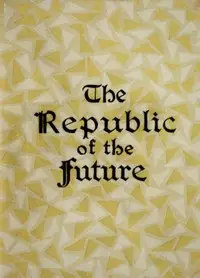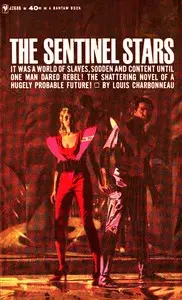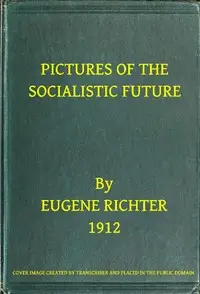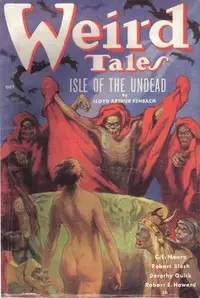"The Republic of the Future; or, Socialism a Reality" by Anna Bowman Dodd is a work of speculative fiction picturing a future world built on complete socialist ideals. Told through letters from a visitor named Wolfgang, the story looks at a society where everyone is supposedly equal, but personal dreams have disappeared. Wolfgang finds a boring city where people have lost what makes them unique, and machines do all the work. He discovers that getting rid of competition and family life has made people unhappy, leading him to wonder if a perfect society is worth the loss of being yourself and chasing your goals. Dodd's story makes a reader think about what is more important, being an individual or having equality for all

The Republic of the Future; or, Socialism a Reality
By Anna Bowman Dodd
In a future world of perfect equality, a visitor discovers that the cost of utopia might be the loss of individuality and personal fulfillment.
Summary
About the AuthorAnna Bowman Dodd was an American author from New York. Her first book was Cathedral Days, and her second The Republic of the Future, was also successful. She published novels, such as Glorinda, as well as a book on Normandy, In and Out of Three Normandy Inns. She wrote short stories, essays and a series of articles on church music. After Dodd wrote a paper on the Concord School of Philosophy for Appleton's Magazine, English journals copied it, a French translation was reprinted in Émile Littré's Revue Philosophique, and the author found her services in growing demand. She was engaged by Harper's Magazine in 1881 to furnish an exhaustive article on the political leaders of France, which she prepared for by going to France, in order to study the subject more closely. The paper's editor, Henry Mills Alden, pronounced it as 'the most brilliant article of the kind we have had in ten years'. Before returning to the U.S., she visited Rome and prepared a description of the carnival for Harper's. Dodd died in 1929.
Anna Bowman Dodd was an American author from New York. Her first book was Cathedral Days, and her second The Republic of the Future, was also successful. She published novels, such as Glorinda, as well as a book on Normandy, In and Out of Three Normandy Inns. She wrote short stories, essays and a series of articles on church music. After Dodd wrote a paper on the Concord School of Philosophy for Appleton's Magazine, English journals copied it, a French translation was reprinted in Émile Littré's Revue Philosophique, and the author found her services in growing demand. She was engaged by Harper's Magazine in 1881 to furnish an exhaustive article on the political leaders of France, which she prepared for by going to France, in order to study the subject more closely. The paper's editor, Henry Mills Alden, pronounced it as 'the most brilliant article of the kind we have had in ten years'. Before returning to the U.S., she visited Rome and prepared a description of the carnival for Harper's. Dodd died in 1929.















